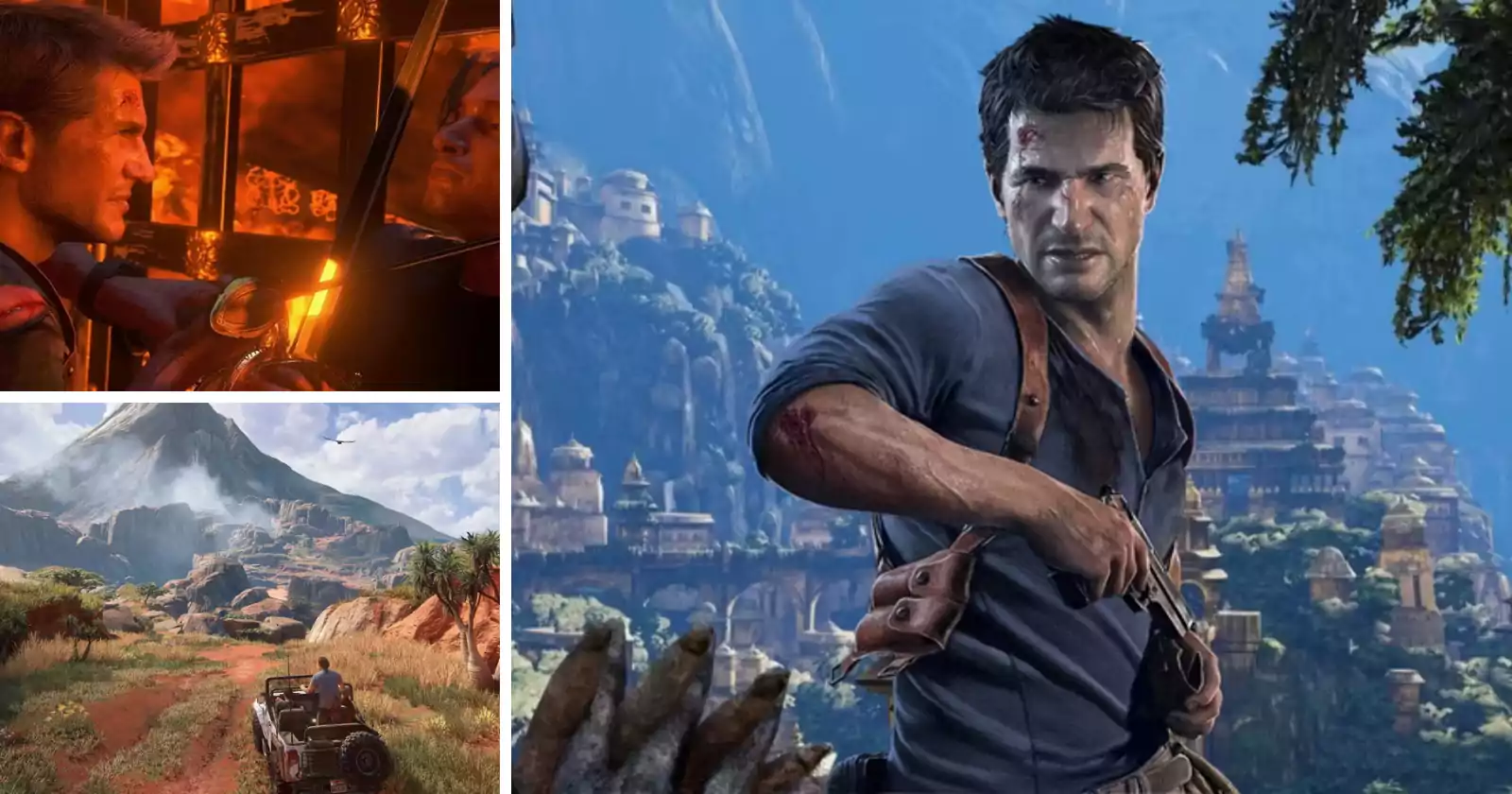In the ever-evolving world of gaming, a new trend is emerging: half-sequels or standalone expansions. Call them what you will, but these not-quite-full games, not-quite-DLC experiences are gaining popularity, and it’s not hard to see why. With AAA game development taking longer than ever, these unique offerings might just be the answer to potential release shortages. And when it comes to mastering this genre, PlayStation seems to have the winning formula.
Standalone expansions like Uncharted Lost Legacy and Miles Morales have left a mark as some of the most memorable gaming experiences of the past decade. Uncharted Lost Legacy, for instance, stands out as one of the best entries in the Uncharted series, second only to Uncharted 2. Miles Morales took the Spider-Man story in a fresh direction, offering a narrative that felt both new and familiar, a perfect blend of novelty and nostalgia.
For gamers like me, who prefer shorter playthroughs, these titles hit the sweet spot. Shorter games have a higher chance of being completed, and let’s be honest, who doesn’t appreciate that? Not to mention that games like Miles Morales and Lost Legacy offer nearly 20 hours of gameplay, hardly short by any standard.
Now, you might wonder, what’s the difference between a standalone expansion and regular DLC? It’s a fine line, really. Standalone expansions often come with a higher price tag, but it’s not a strict rule. It’s more of a “you know it when you see it” situation.
But why is this trend gaining traction? Well, it’s because game development times are getting longer. It’s no secret that major AAA titles are taking nearly a decade to hit the market. When will we see the sequel to Ghost of Tsushima? Who knows, it could be 2026 or 2036. In this landscape, standalone expansions become more than just appetizers; they become the main course.
PlayStation, in particular, has excelled in providing these gaming experiences during dry spells. Uncharted Lost Legacy and The Last of Us: Left Behind filled the gap between their respective predecessors and sequels, offering players something substantial to sink their teeth into. Other studios, like CD Projekt Red with Cyberpunk 2077: Phantom Liberty, have also jumped on this trend, creating standalone expansions that challenge for Game of the Year awards.
In the coming years, as major AAA sequels drift further away, we might be entering a new era of gaming. One where big studios can take creative risks with new intellectual properties while delivering smaller, more tailored experiences to loyal fans. In some cases, sequels can become bloated versions of the original, drowning in additional systems and waypoints. And I won’t name names, but you know who you are.
So, as we await the next major release, let’s not underestimate the value of these standalone expansions. They’re more than just fillers; they’re an essential part of the gaming landscape, offering fresh narratives and exciting gameplay. It’s a trend that’s here to stay, and for gamers, that’s something worth celebrating.



